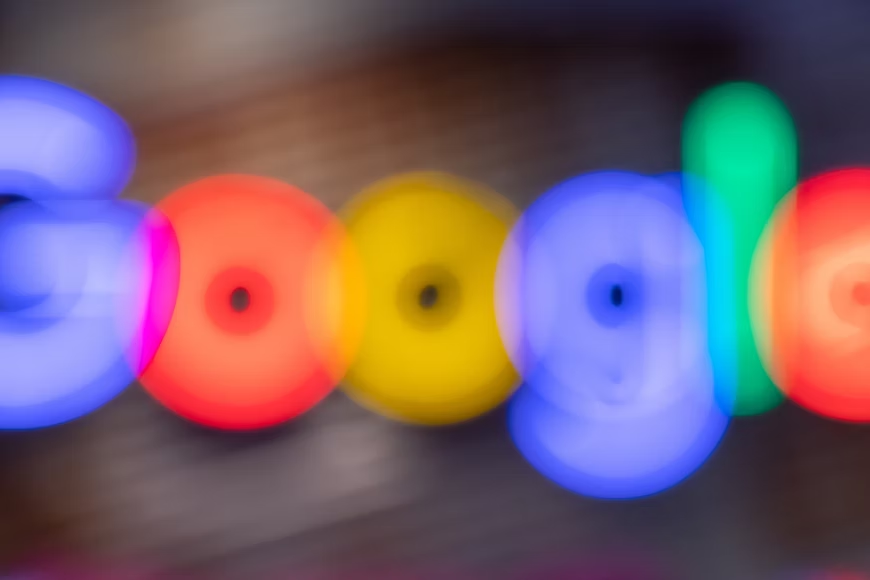|
Since the start of the industrial revolution in the 1750s, we have been burdened with consumer culture, amplified by the technological advances of Henry Ford and the cultural modifications of General Motors. Since consumer culture and its mechanisms underpin planetary degradation - we need to find new ways to engage with the mechanisms themselves for a sustainable future. Key takeaways: conscious consumerism
Image Credit “There is no beauty in the finest cloth if it makes hunger and unhappiness.” – Mahatma Gandhi Conscious consumerism - sometimes called green or ethical consumerism, might seem like a recent trend; but it has its roots in the 1820s, according to American Studies professor Lawrance Glickman in his book Buying Power: A History of Consumer Activism in America. Glickman shows that conscious consumerism - a practice that has flared up on occasion over the decades but has become more prevelant since the 1990s - began in the early 1800s when consumers started boycotting goods produced by slave labour, such as clothing and soap. Early forms of conscious consumerism used boycotting to show solidarity and reject the prevailing values of the time. These activists helped change power structures, cultural values, and the economy by simply using their power to choose what they buy and where they spend. These days, conscious consumerism is a little more complex - as is the world and the economy - but the theory of consumer power is still a vital mechanism for change. But due to market developments, consumers also need to be conscious of marketing practices and greenwashing. Image Credit
Marketing has always been effective, but the generalist approach of the 20th Century, which used billboard and TV advertising, has been superseded by the targeted approach in the 21st Century. Targeted advertising is even better at appealing to consumers and creating markets. It might seem as though consumers are powerless against modern market forces, especially the advertising models developed by the digital media giants in Silicon Valley. Digital media is not looking to sell products so much as capture the consumer’s attention for advertising revenue. Becoming a conscious consumer in the 21st Century is even more complex since everyone is closely integrated with digital media, trading their attention for services. A prime example is Google which provides customers with free services in exchange for data to use for advertising. Conscious consumerism is about taking charge of our power as consumers to change the direction of market forces. Admittedly, this is made more challenging in a technologically integrated world; but the theory remains the same. Consumers retain their powers of choice. Conscious Consumerism: the need Conscious consumerism hasn’t disappeared with the new economy; instead, it has fragmented and become more complex. It might be challenging to be a conscious consumer in the digital age, but there are plenty of choices to make to influence business decisions, market dynamics, and neoliberal policies. Climate change, plastic pollution, and food resources are examples. Top image Credit Comments are closed.
|
�
AboutHere’s a collection of some of our articles which have been in our newsletters or published elsewhere.
Archives
May 2024
|
Sign up TO SUREFOOT NEWS >>The Surefoot Effect equips people, communities and organisations with skills for sustainability and resilience.
|



 RSS Feed
RSS Feed




